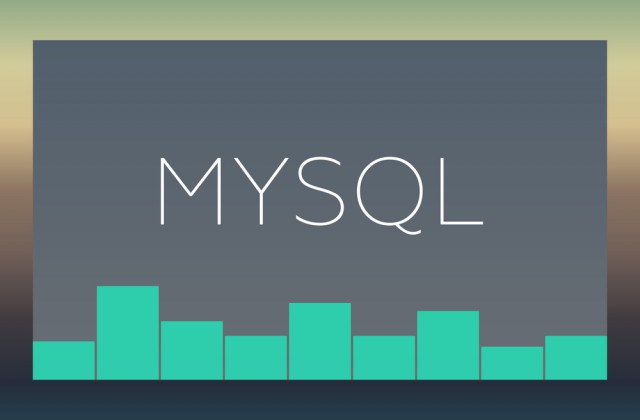Everything you need to know about scaling MySQL

One of the key features that every database must have is scalability. This is particularly true for eCommerce websites where thousands of transactions take place every day. As such, for eCommerce websites to run smoothly you need to increase the storage as well as memory as your customer base expands. Which is why you need to know about scaling your MySQL databases. Scaling is important for merchants that are looking to add commodity servers as well as improve their read and write performance without migrating databases to bigger servers.
Generally, businesses can scale MySQL databases on cloud effectively, increasing their capacity to handle growth without having to invest in hardware. Even then, MySQL presents limitations, hence it is not surprising for your database to exhibit latency and performance issues that translate to missed revenue. To counter this, you may opt for a database that has the capability of scaling out horizontally, effectively being able to handle an unlimited number of users.
Difficulties Encountered in MySQL eCommerce
Although MySQL is able to handle traffic, it is likely that your database will reach its limit and the result will be that your website will no longer work correctly because MySQL is not capable of handling these demands:
- Increasing Writes and Increasing Reads: MySQL presents capacity limitations. That is, the more transactions there are on your website the more likely it is for your site to stall. While the reads on MySQL are scaled via read slaves, apps need to be aware that these are not asynchronous with the write master. For instance, when customers update products on their eCommerce cart it should be read on the write master. Failure to do this means risking showing wrong quantities of the available to promise products. The result of this is a bottleneck in the checkout line, abandoned carts or a non-existent sales inventory, refunds as well as negative social media exposure.
- Increasing Availability: eCommerce websites make money only when they are up and running. Even then, you are likely to experience downtime in the event that your MySQL experience failure with the master server. Consequently, customers will be unable to buy from you leading to frustrations that will see them take their business to another store permanently.
- Flexing up and down: You cannot scale MySQL writes through slaves. Therefore, to accommodate the increasing traffic, a lot of database managers opt to pay a premium that includes buying larger server boxes. Even then, there is an alternative to this that is referred to as sharding, where you are able to partition databases across different servers to allow more capacity. Even then, this often results in loss of relational functionality that makes data management difficult.
What to Do Once your MySQL Database Reaches Its Limit
Overall, it takes a matter of time before eCommerce websites that are powered by MySQL reach their limit and eventually grind to a halt. Thus, once your write master has been scaled up to the largest instance possible, you will need to consider re-platforming or sharding. These two options are known to offer a significant increase in the cost and complexity.
You Need to Make Sure You Can Easily Support MySQL
Your database is the engine that powers up your website. Therefore, you need to ensure that it can be supported easily. Regrettably, it is sometimes difficult to tend a MySQL master/slave array. Thus, you may opt for database-as-a-service (DBaas) solutions such as Aurora even though you must be willing to pay a premium for it.
Benefits Beyond Scalability
One of the outstanding benefits of adding scalability to MySQL deployment is the fact that performance bottlenecks are eliminated. Secondly, MySQL’s cloud agnostic architecture is known to eliminate the issue of vendor lock in as well as the associated issues that may result from switching between database management systems.
Overall, scaling your MySQL database is the key to ensuring that your eCommerce business thrives as you are able to accommodate expansion thus you do not run into the risk of facing issues of lost revenue, abandoned carts, non-existent sales inventory and refunds among others.
 Tony Branson is a self-proclaimed tech geek, with a passion for ScaleArc’s disruptive technology innovation in database load balancing. He has a passion for dissecting tech topics such as transparent failover, centralized control, ACID compliance, database scalability and downtime effects. On his days off, Tony can be found watching sci-fi movies, rock climbing or volunteering.
Tony Branson is a self-proclaimed tech geek, with a passion for ScaleArc’s disruptive technology innovation in database load balancing. He has a passion for dissecting tech topics such as transparent failover, centralized control, ACID compliance, database scalability and downtime effects. On his days off, Tony can be found watching sci-fi movies, rock climbing or volunteering.
Photo Credit: mStudioVector/Shutterstock